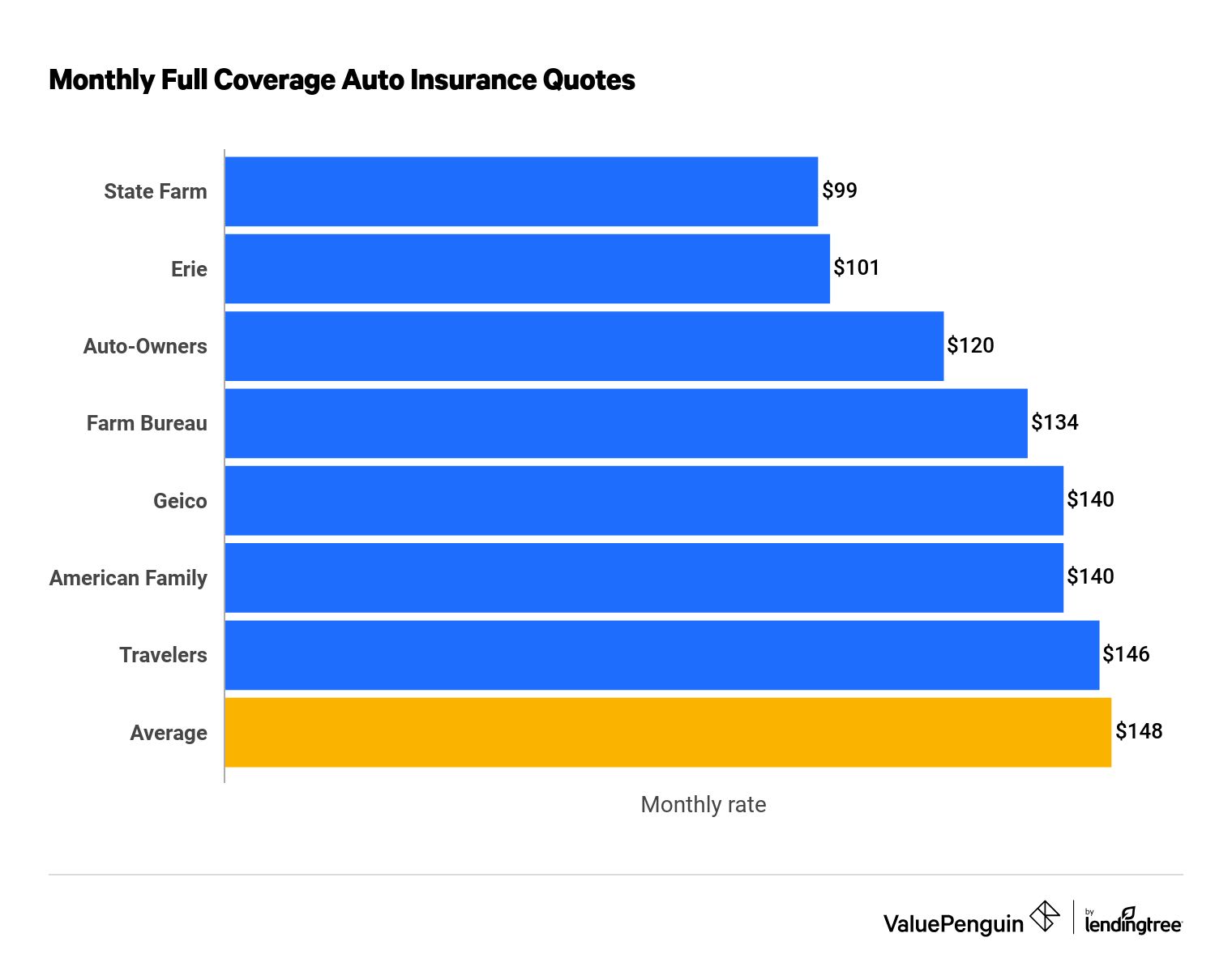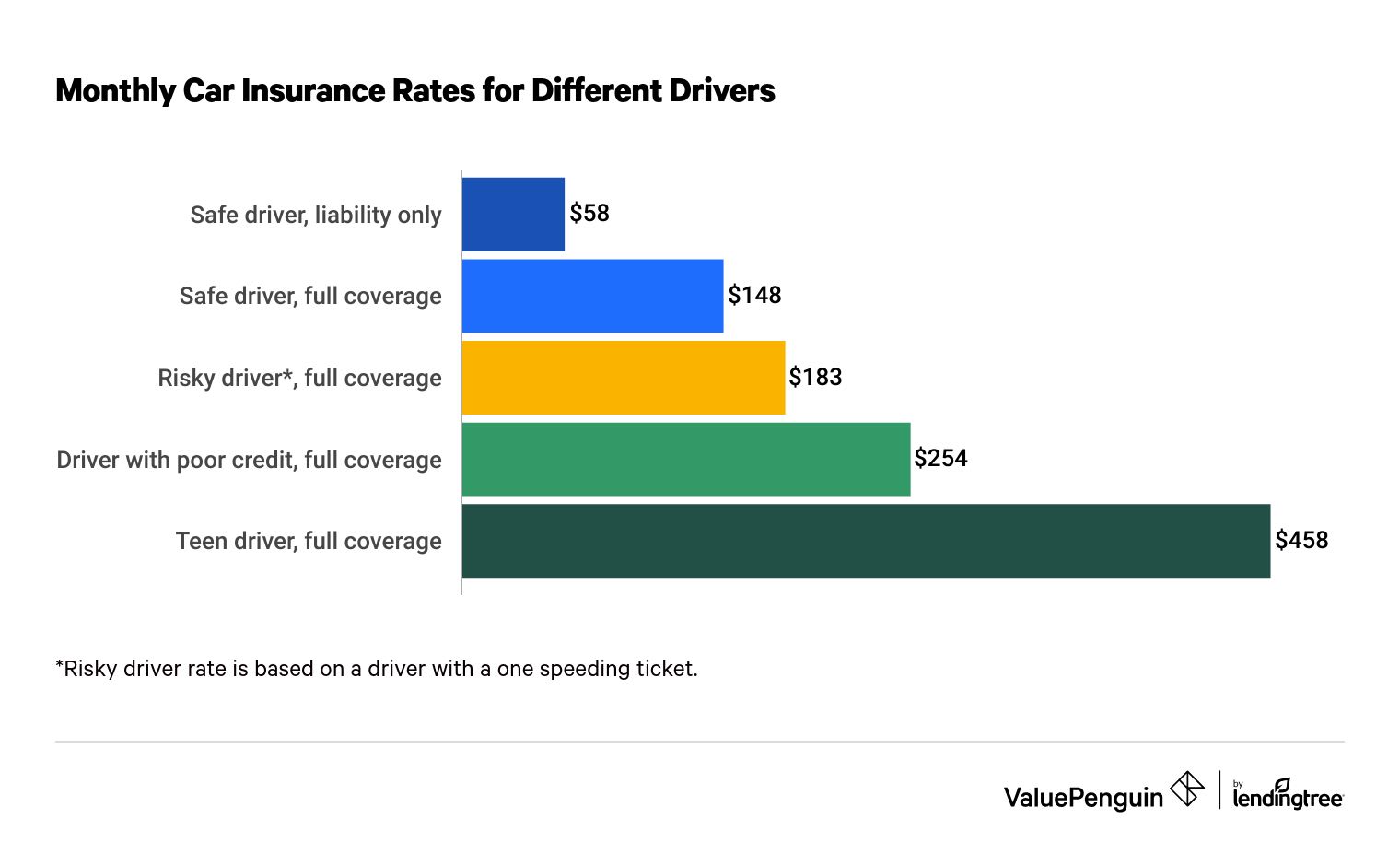If you are looking for car insurance that fits your budget, look no further than “Affordable Car Insurance Options.” With this product, you can find insurance plans that are not only affordable but also provide the coverage you need. Whether you are a new driver or have been on the road for years, “Affordable Car Insurance Options” offers a range of plans to meet your specific needs. Say goodbye to high premiums and hello to peace of mind on the road with this reliable and budget-friendly car insurance option.
Factors Affecting Car Insurance Cost
Driving Record
One of the most significant factors that can affect your car insurance cost is your driving record. Insurance companies assess risk by looking at your past driving history, including any accidents, tickets, or traffic violations you have had. If you have a clean driving record with no incidents, you are likely to receive lower insurance premiums. On the other hand, if you have a history of accidents or problems on the road, your insurance rates are likely to be higher.
Age and Gender
Your age and gender also play a role in determining your car insurance costs. Statistics show that younger, less experienced drivers are more likely to be involved in accidents, so insurance companies tend to charge higher premiums for younger drivers. Similarly, teenage males are considered higher risk compared to teenage females, resulting in higher insurance rates for young male drivers. As you get older and gain more experience, your premiums may start to decrease.
Type of Vehicle
The type of vehicle you drive can also impact your car insurance costs. Insurance companies consider factors such as the make, model, and year of your vehicle when determining your premium. Sports cars or luxury vehicles typically have higher insurance rates, as they are more expensive to repair or replace. On the other hand, older or less expensive cars may have lower insurance costs. Additionally, vehicles with certain safety features may be eligible for insurance discounts.
Location
Where you live plays a significant role in determining your car insurance costs. Insurance companies take into account factors such as the crime rate, population density, and accident rates in your area. If you live in a densely populated city with a high crime rate, you are likely to pay more for car insurance compared to someone living in a rural area with lower crime rates. Locations prone to severe weather conditions or natural disasters may also result in higher insurance premiums.
Coverage Options
The type and amount of coverage you choose for your car insurance policy can impact the cost as well. Basic liability coverage, which covers damages you cause to others, is typically less expensive than full coverage, which includes comprehensive and collision coverage. Additionally, higher coverage limits will result in higher premiums.
Ways to Reduce Car Insurance Costs
Maintain a Clean Driving Record
One of the most effective ways to reduce your car insurance costs is to maintain a clean driving record. Avoid accidents, traffic violations, and filing claims whenever possible. Safe driving habits not only help you stay safe on the road but also make you eligible for various insurance discounts.
Take Defensive Driving Courses
Completing a defensive driving course can also help lower your car insurance premiums. These courses provide drivers with additional skills and knowledge to handle various road situations. Many insurance companies offer discounts to drivers who have completed a defensive driving course, as it demonstrates a commitment to safe driving.
Bundle Policies
Consider bundling your car insurance policy with other types of insurance, such as homeowners or renters insurance, with the same insurance company. Many insurance companies offer discounts for bundling policies, which can result in significant savings on your premiums.
Choose a Higher Deductible
Opting for a higher deductible can lower your car insurance premiums. The deductible is the amount you pay out of pocket before your insurance coverage kicks in. By increasing your deductible, you take on more risk, which can translate into lower monthly premiums.
Install Safety Features
Equipping your vehicle with safety features can also lead to savings on your car insurance. Insurance companies often offer discounts for vehicles with features such as anti-lock brakes, airbags, and anti-theft devices. These features reduce the risk of accidents or theft, making your vehicle less expensive to insure.
Comparing Car Insurance Quotes
Obtain Multiple Quotes
When looking for car insurance, it’s important to obtain quotes from multiple insurance providers. By comparing quotes, you can find the best coverage at the most affordable price. Online comparison tools make it easy to gather quotes quickly and efficiently.
Consider Different Coverage Levels
As you compare car insurance quotes, take into account the different coverage levels offered by each insurer. Some companies may offer basic liability coverage at a lower cost, while others may provide more comprehensive coverage for a slightly higher premium. Assess your needs and prioritize the coverage options that are most important to you.
Review Customer Reviews and Ratings
Before making a decision, take the time to read customer reviews and ratings of the insurance companies you are considering. Feedback from current and previous policyholders can give you insights into the company’s customer service, claims process, and overall satisfaction.
Evaluate Discounts and Upgrades
Insurance companies often offer various discounts and upgrades that can help lower your premiums or enhance your coverage. Look for discounts such as safe driver discounts, good student discounts, or discounts for bundling policies. Additionally, consider any optional coverage upgrades that may provide added peace of mind.
Check for Additional Fees
When comparing car insurance quotes, make sure to check for any additional fees that may be included. Some insurance companies may charge administrative or processing fees that can increase your overall cost. Be aware of any potential hidden fees and factor them into your decision-making process.
State-by-State Car Insurance Options
Minimum Coverage Requirements
Every state in the United States has its own set of minimum car insurance coverage requirements. This means that the minimum amounts of liability coverage you need to carry vary depending on where you live. It is important to be familiar with your state’s minimum requirements to ensure you are driving legally and adequately protected.
Average Premiums
The average cost of car insurance can vary significantly from state to state. Factors such as population density, accident rates, and local laws can all impact the average premiums in a particular area. Understanding the average premiums in your state can help you gauge whether the quotes you receive are competitive.
Local Insurance Companies
When considering car insurance options, it can be beneficial to look into local insurance companies operating in your state. Local insurers may offer specialized coverage or discounts tailored to your region. They may also have a better understanding of local driving conditions and risks.
Specialized Programs
Some states offer specialized car insurance programs to assist drivers who have difficulty obtaining coverage through traditional means. These programs are often designed for high-risk drivers or those with specific circumstances that make it challenging to secure affordable insurance. Research any specialized programs available in your state to explore your options.

Affordable Car Insurance for Young Drivers
Earning Good Grades
Many car insurance companies offer discounts to young drivers who demonstrate academic excellence. By maintaining good grades, you can take advantage of the good student discount, which can help lower your insurance premiums. Providing proof of your academic achievements, such as a report card or transcript, is typically required.
Being Added to a Parent’s Policy
Another affordable option for young drivers is to be added to a parent’s car insurance policy. This is often more cost-effective than obtaining a separate policy as a young driver. However, it is important to note that being added to a parent’s policy means that any accidents or violations you have could impact your parent’s rates.
Choosing a Safe Vehicle
The type of vehicle you drive as a young driver can significantly impact your insurance costs. Opt for a vehicle with excellent safety ratings and safety features. Avoid high-performance or luxury cars, as they generally come with higher insurance premiums for young drivers.
Taking Advantage of Discounts
Young drivers may qualify for various discounts that can help reduce their car insurance costs. Safe driver discounts, defensive driving course discounts, and good student discounts are just a few examples. It’s worth exploring all available discounts to find the ones that apply to you.
Monitoring Driving Habits
Some car insurance providers offer usage-based insurance programs that utilize telematics to track your driving habits. By installing a device in your vehicle or using a mobile app, your insurance company can monitor factors such as your mileage, speed, and braking patterns. If you are a responsible driver, you may be eligible for discounted premiums based on your safe driving habits.
Car Insurance Discounts and Savings
Safe Driving Discount
Many car insurance companies offer a safe driving discount to policyholders who maintain a clean driving record. This discount rewards safe drivers by lowering their insurance premiums. Avoiding accidents, tickets, and other driving violations is essential to qualify for this discount.
Multi-Vehicle Discount
If you have multiple vehicles insured under the same policy, you may be eligible for a multi-vehicle discount. This discount encourages policyholders to insure multiple vehicles with one insurance company and can result in significant savings on premiums.
Good Student Discount
Students who excel academically may be eligible for a good student discount. Car insurance companies recognize that good students are typically responsible and may offer discounted premiums for young drivers who maintain a certain grade point average.
Military and Veteran Discount
Many car insurance companies offer discounts to active duty military personnel and veterans as a way to show appreciation for their service. If you are in the military or have previously served, inquire about potential discounts that may apply to you.
Low Mileage Discount
If you don’t drive your vehicle frequently, you may be eligible for a low mileage discount. Insurance companies offer this discount to policyholders who drive less than a certain number of miles per year. This discount is based on the premise that less time spent on the road translates into a lower risk of accidents.
Utilizing Usage-Based Car Insurance
How Usage-Based Insurance Works
Usage-based insurance, also known as pay-as-you-drive or telematics insurance, utilizes technology to monitor and track your driving habits. By installing a device in your vehicle or using a mobile app, the insurance company collects data on factors such as mileage, speed, and braking patterns. This data is then used to determine your insurance premiums.
Benefits and Drawbacks
The main benefit of usage-based car insurance is that it allows safe drivers to potentially save money on their premiums. By demonstrating good driving habits and maintaining low-risk behaviors on the road, you can qualify for discounted rates. However, some drivers may be uncomfortable with the idea of being constantly monitored, and there can be concerns about data privacy.
Companies Offering Usage-Based Policies
Several insurance companies offer usage-based policies, and it’s worth exploring different providers to find the one that best suits your needs. Companies such as Progressive, State Farm, and Allstate offer usage-based insurance programs that allow you to personalize your coverage based on your driving habits.
Programs and Features
Usage-based insurance programs often come with additional features and benefits. For example, some programs offer feedback on your driving performance and provide tips for improvement. Others may offer rewards or incentives for safe driving, such as redeemable points or discounts on other products or services offered by the insurance company.
Considerations for Older Drivers
Navigating Medicare and Car Insurance
As you age, it’s important to consider how Medicare coverage may affect your car insurance. Medicare typically does not cover car accidents or injuries sustained while driving, so it’s crucial to maintain adequate car insurance coverage to protect yourself financially in the event of an accident.
Senior-Specific Discounts
Many car insurance companies offer discounts specifically tailored to older drivers. These discounts recognize the experience and responsible driving habits typically associated with older individuals. Senior-specific discounts can help lower your insurance premiums and make coverage more affordable.
Choosing the Right Coverage as You Age
As you get older, your driving habits and needs may change. It’s important to reassess your car insurance coverage and adjust it accordingly. For example, if you no longer commute to work and your vehicle usage has significantly decreased, you may be able to reduce your coverage and save on premiums.
Adjusting Coverage Based on Mileage
If you are no longer driving long distances or taking extensive road trips, it may be beneficial to consider mileage-based car insurance. This type of coverage adjusts your premium based on the number of miles you drive, allowing for potential savings if you have significantly reduced your driving habits.
Car Insurance Options for Low-Income Individuals
State-Specific Assistance Programs
Some states offer assistance programs designed to help low-income individuals access affordable car insurance. These programs may provide subsidies or discounts on premiums, making it easier for individuals with limited financial resources to obtain the necessary car insurance coverage.
Nonprofit Organizations Offering Car Insurance
Certain nonprofit organizations also offer car insurance options for low-income individuals. These organizations aim to provide affordable coverage to those who may have difficulty securing insurance through traditional means. Research local nonprofit organizations to explore potential car insurance options.
Government Subsidies and Grants
In some cases, government subsidies or grants may be available to help low-income individuals offset the cost of car insurance. These subsidies and grants can make coverage more affordable and help ensure that individuals have the necessary insurance to legally drive.
Comparing Quotes from Various Providers
Even with limited financial resources, it’s important to compare car insurance quotes from various providers. While affordability is a priority, it’s essential to make sure you’re getting adequate coverage for your needs. By obtaining quotes from multiple insurance companies, you can find the best balance between cost and coverage quality.
Understanding No-Fault Insurance
Definition and Purpose
No-fault insurance is a type of car insurance system where each driver’s insurance company pays for their own medical expenses and damages in the event of an accident, regardless of who is at fault. The purpose of no-fault insurance is to streamline the claims process and reduce the need for protracted legal battles to determine fault.
States with No-Fault Laws
Not all states have adopted a no-fault insurance system. Currently, 12 states in the United States have no-fault laws in place. These states include Florida, Michigan, New York, and Pennsylvania, among others. It’s important to be aware of the laws in your state and understand how they may affect your car insurance coverage and claims process.
Pros and Cons
One of the advantages of no-fault insurance is that it provides quicker reimbursement for medical expenses and repairs, as there is no need to wait for a determination of fault. Additionally, no-fault insurance can help reduce the cost of car insurance premiums by minimizing the potential for expensive legal battles. However, no-fault insurance can also limit your ability to seek compensation for pain and suffering or pursue legal action against another driver.
No-Fault vs. Tort Systems
In contrast to the no-fault system, tort-based car insurance systems require the at-fault driver to cover the costs of damages and injuries resulting from an accident. In tort systems, injured parties have the right to sue the at-fault driver for compensation. Understanding the differences between no-fault and tort systems is crucial when selecting the appropriate car insurance coverage for your needs.




